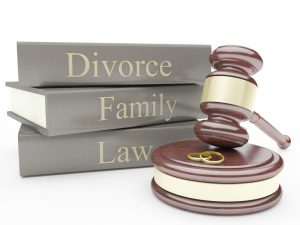
 My book Lifestyle Analysis in Divorce Cases: Investigating Spending and Finding Hidden Income and Assets has a section on the direct examination of financial expert witnesses, especially during depositions.
My book Lifestyle Analysis in Divorce Cases: Investigating Spending and Finding Hidden Income and Assets has a section on the direct examination of financial expert witnesses, especially during depositions.
The deposition is the time for the attorney to dig into the background and qualifications of the forensic accountant. It is also the time to ask probing questions about the work done, the the choices made with respect to the financial analysis, and the opinions expressed in the report (or maybe opinions they have but didn’t enumerate in the report).
I have a Direct Examination Checklist in the book that I think attorneys will find invaluable. I can’t replicate the entire list of questions here, but I’m going to give you some snippets of the list of general lines of questioning that you can use with a financial expert witness:
Background and qualifications
- Educational background—Include both formal education and continuing professional education.
- Credentials obtained—When were they obtained? How?
- Credentials not obtained—Why not? Is the expert not qualified for them or did the expert simply choose to not get them?
This engagement
- What was the scope of the engagement?
- Has the expert ever performed this type of work before? How many times?
- Has the expert ever done work in this industry?
- What professional standards apply to this engagement?
- Who prepared the report?
- Were there any limitations placed upon the expert’s work or opinions?
Determine the materials relied on
- What evidence and data were reviewed? Who provided the documents to the expert?
- Were there any documents produced that were not reviewed?
Seek details about the methodology used
- What methodology was used? Were other methodologies considered?
- Is the methodology generally accepted by other financial experts?
- Were the calculations done correctly?
Other work
- Was there any other work the expert would have liked to perform for this engagement?
- Is there any other work that the expert plans to do?
Books and publications
- What authoritative texts exist?
Expert’s opinions
- Does the report contain all opinions that the expert plans to render at trial?
- Are there any opinions that are not disclosed in the report?
- Does the expert intend to form any opinions other than the ones already disclosed?
You can find out more about using lifestyle analysis in divorce cases here. There are excerpts from each chapter to help you get a better feel for what the book is all about.



